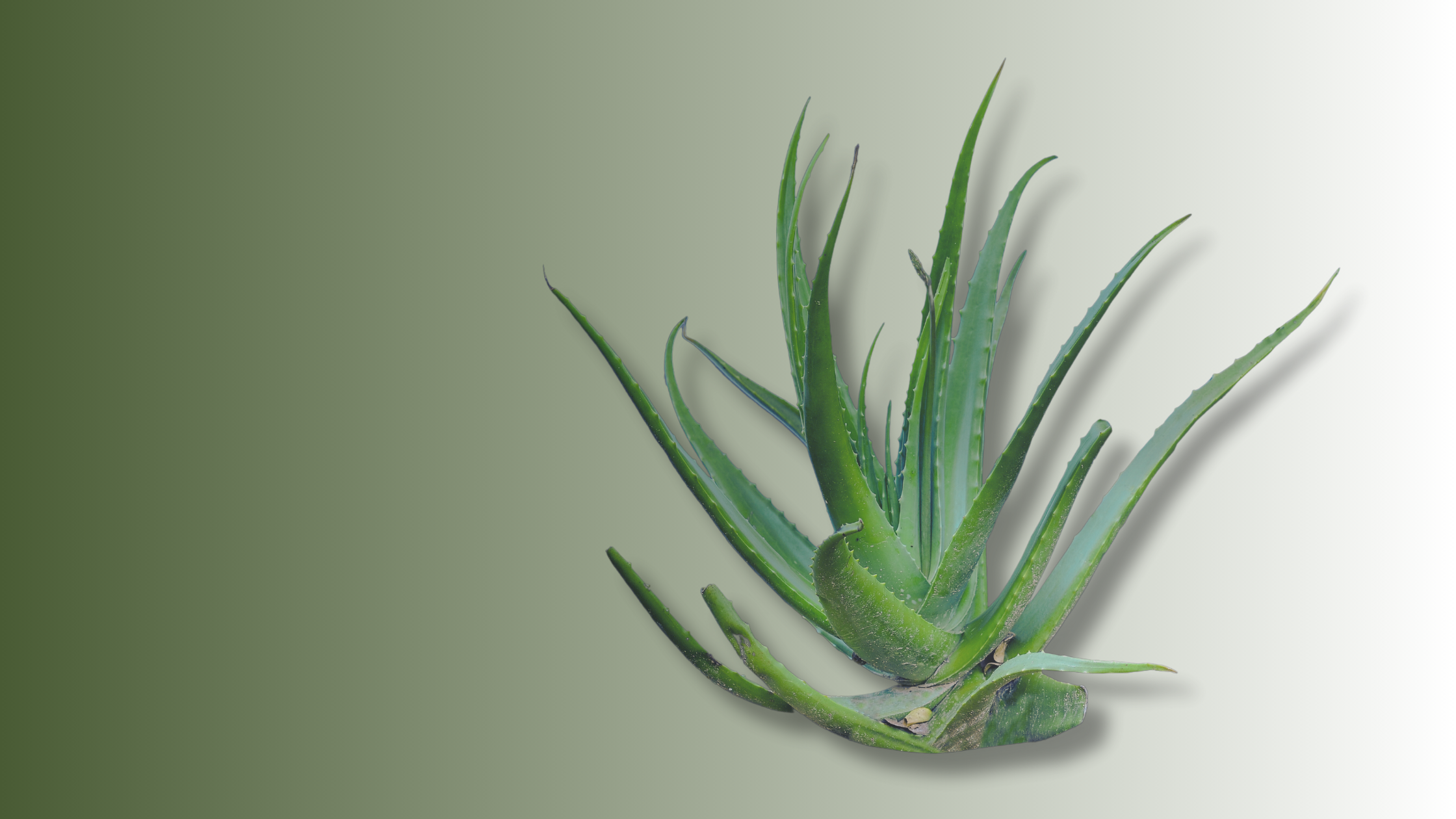What is Care?
“‘Care’ is also a social capacity and activity involving the nurturing of all that is necessary for the welfare and flourishing of life. Above all, to put care centre stage means recognising and embracing our interdependencies.”
So. Much. Atomization. Polarization. Isolation. Loneliness. Grief.
What we have in common, what makes us kin, can fade into what Hannah Arendt calls the “dark background of difference.” Care, however, is universal. We all have in common that care brings us into the world, makes survival possible, and is necessary for us to thrive. It feels strange to write about thriving right now; still, people have connected, listened, loved, held each other, appreciated a cloud, picked an apple, and danced for the joy of it during all the periods of historical upheaval and social collapse. There is a lot to learn from the ancestors of care. What did they need to do to hold on to their humanity? They cared and were cared for.
One definition of care is that it comprises all the support and attention we need to make our world. Care maintains and contains and repairs the broken world in which we live and love and have our beings. Care is the spiritual, emotional, intellectual, and physical capaciousness that lives at the heart of making and remaking our world.
Care, according to the Institute of Heartmath, is the practical application of love. We can love ourselves, others, the created world, our kin near and far, and the place where we put our feet when we step outside. Care should and can be promiscuous, according to the Care Collective. They are clear that promiscuous care is an ethic of relationship in which we care more and in more ways through experiment, taking risks, finding new kin, and building bridges.
Promiscuous care feels spiritual. Care is tied to the connective tissue of the universe, a relationship made precious by the essential labor of interaction. When we relate to each other and the world in ways that restore and transform we are engaging in a praxis of justice, love, and care. These are the deep ethics of relationality.
Capitalism, and especially the neo-liberal kind, reduces care to looking to our own interests through consumerism. Take that class, buy that book, run that bubble bath, go to that workshop, treat yourself, you deserve it, be resilient, keep yourself afloat so you can do more and be more and contribute more labor.
We can and do need to care for ourselves, but never as an isolated being in a sea of demands. We care for ourselves as an act of communion - first with whatever we feel drives this universe forward, then with our past and future selves, our ancestors, our grief, our hope, our hearts. That is relational caring.
Relationality says look to the interests of the self, the other, and the common good. Self-care becomes a way we show up for our community as love and possibility. There is a spiritual aspect to care that makes us part of something greater. There's a political part of care that makes us part of a life-giving community. There is a biological part of care that allows for the flourishing of our human animals and our relationship with nature.
Care can spill into overcare. Overcare is the misplaced sense of personal responsibility we struggle with – sometimes it is neoliberal individualism nonsense that activates us into overcare. Sometimes it is our personal history or our desire to do good in the world. However we get there, overcare depletes us and leaves us less engaged, aware, curious, and creative. Learning to care promiscuously without overcaring is one of the balancing acts of relationship.
Angela Davis sees creating care, centering care, and living a life of care as an act of resistance. “I think our notions of what counts as radical have changed over time. Self-care and healing and attention to the body and the spiritual dimension — all of this is now a part of radical social justice struggles. That wasn’t the case before.” There are times and places and people who have nurtured communities of care and successfully invested in each other’s flourishing - and we aim to be those folks here and now.


